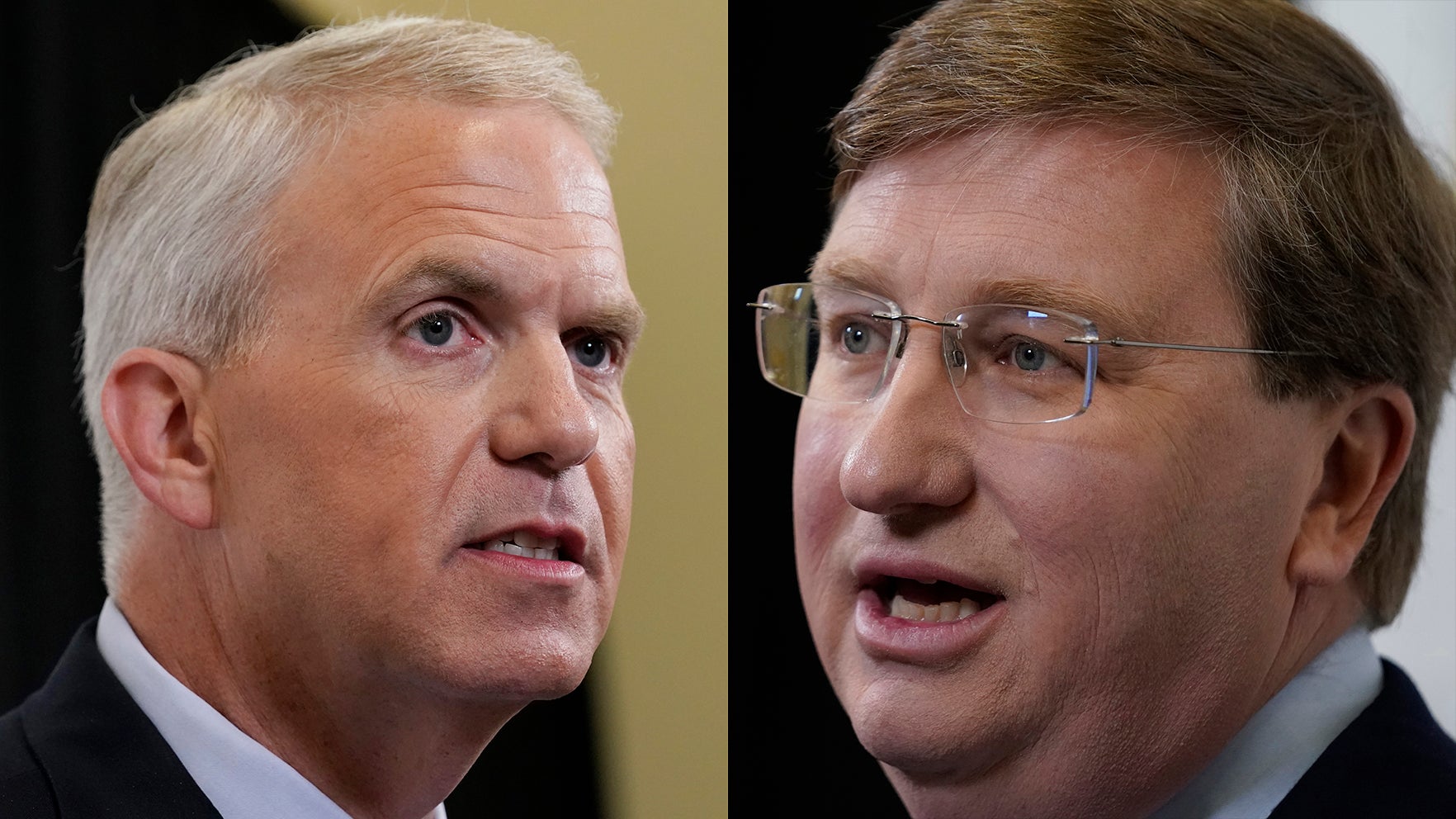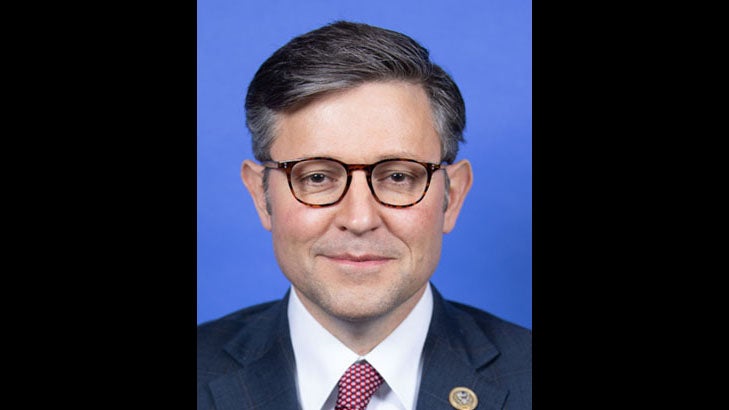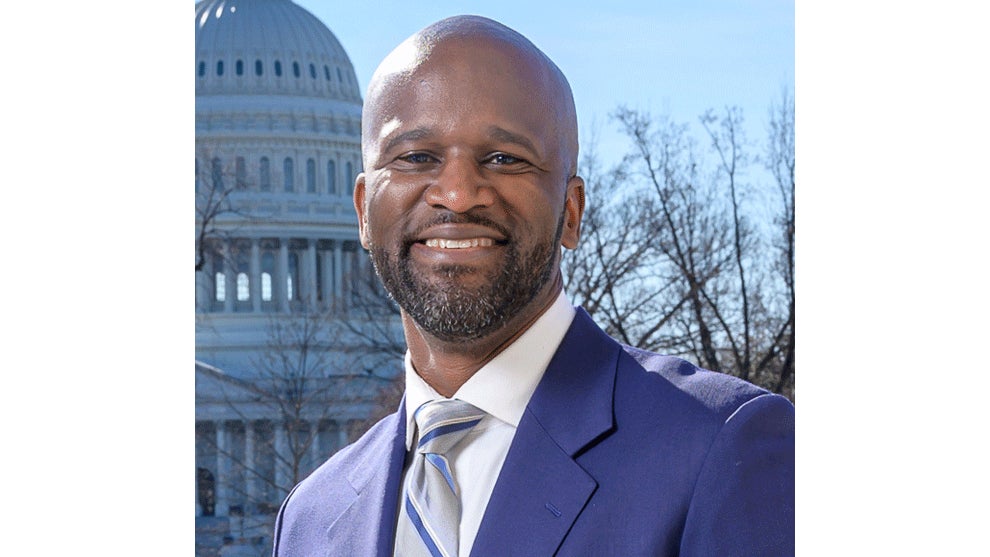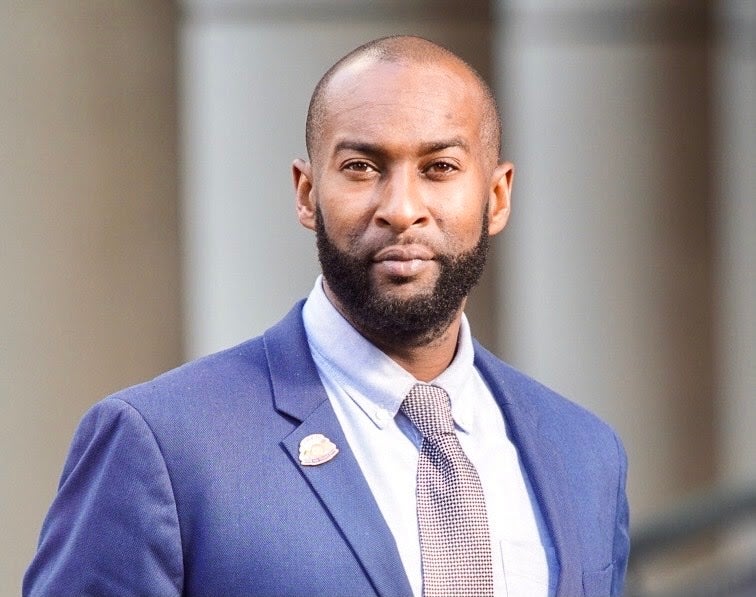Census suggests adding LGBTQ, then ‘corrects’ and deletes
Published 10:48 pm Wednesday, March 29, 2017
(AP) — The U.S. Census Bureau said Wednesday that it mistakenly proposed counting LGBTQ Americans and has since “corrected” the proposal to remove the gender and sexuality category. Gay rights groups quickly declared that it was another sign that Pres. Donald Trump was reneging on a campaign promise to protect them.
The agency on Tuesday sent Congress its proposals for the subjects to ask Americans in the 2020 Census and an annual survey.
The proposal “inadvertently listed sexual orientation and gender identity as a proposed topic in the appendix,” the agency said in a statement. “This topic is not being proposed to Congress for the 2020 Census or American Community Survey. The report has been corrected.”
Copies of the appendix reviewed by The Associated Press show the bureau proposing a subject called “sexual orientation and gender identity.” The subject did not appear in a subsequent copy. Subjects are more general than questions, which will be submitted to Congress next year.
Gay rights groups said that suggests the subject was to be included at one point in the long process, and was later rejected. The Census Bureau would not comment on that question Wednesday.
The Human Rights Campaign said it had submitted a Freedom of Information Act request for all communications related to the proposal. Gay rights groups said not including the sexual orientation and gender identity subject in the Census and the American Community Survey would deny some government services to LGBTQ Americans.
“They can’t address what they can’t see. They’re making it so there’s no information to understand the needs of the LGBT community,” said Laura Durso, vice president of the LGBT Research and Communications Project at the Center for American Progress.
The bureau counts Americans according to race, gender and other characteristics that help lawmakers decide how to dole out taxpayer money for government services. The Census taken every decade has collected data on same-sex couples since 1990, but activists say that method provides inaccurate numbers.
“If the government doesn’t know how many LGBTQ people live in a community, how can it do its job to ensure we’re getting fair and adequate access to the rights, protections and services we need?” said Meghan Maury, Criminal and Economic Justice Project Director, National LGBTQ Task Force.





